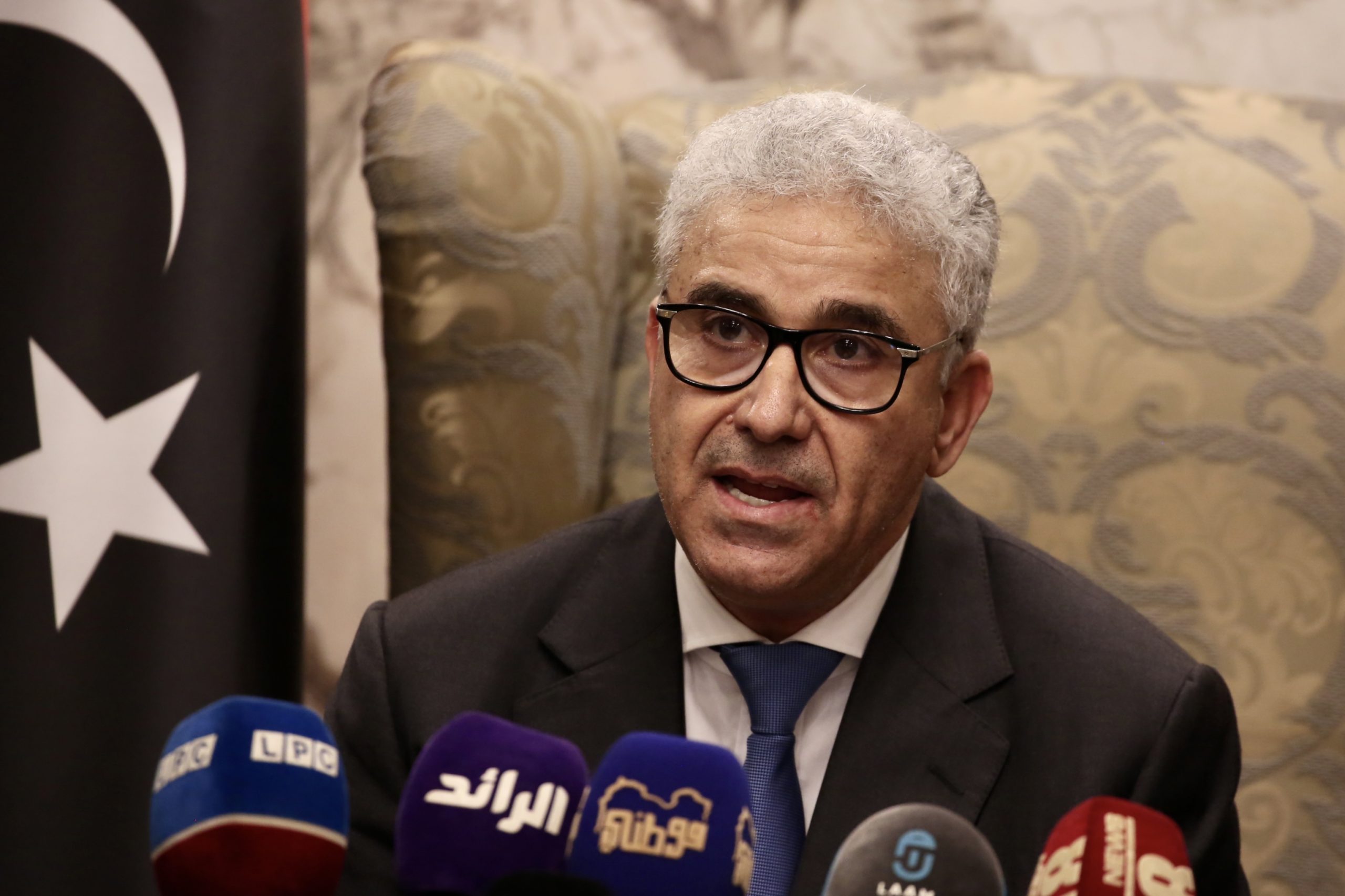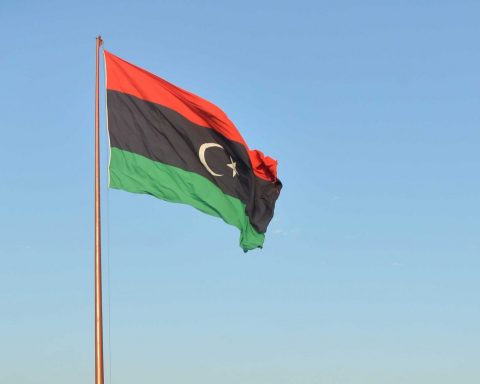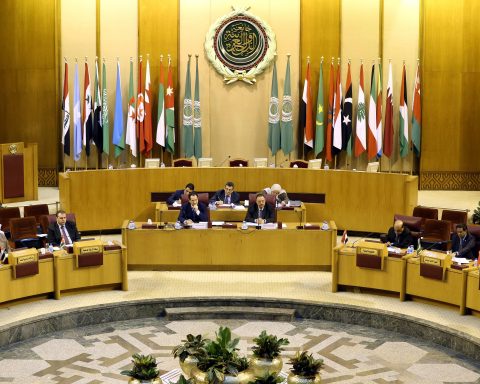In the parliamentary session held on February 10, Fathi Bashagha, former Minister of Interior and one of Prime Minister Abdul Hamid Dbeibeh’s important western rivals in the presidential elections on December 24, was elected as the new Prime Minister of the transition period.
The candidacies of only two (Bashagha and former Head of Civil Bureau Khalid Bibas) of the seven people were approved by the House of Representatives (HoR) and the High Council of State (HCS), while the former Deputy Prime Minister Ahmet Maiteeq, who announced that he was a candidate before, announced that he had withdrawn from the candidacy shortly before the elections.
In his speech to the members of parliament before the elections, Bashagha also announced that he would not stand for his candidacy in the presidential elections if he was elected as the prime minister of the transition period.
On the other hand, PM Dbeibeh announced that he would not transfer his duties and powers to the new prime minister to be elected by the HoR. Furthermore, he had previously declared that the government would continue its duty until an authority to be elected by the people came, and stated that he would not allow the country’s resources to be transferred here by establishing any parallel government.
Referring to Aguila Saleh, Bashagha, and Khalifa Haftar, the PM said that they try to form a parallel structure in order to get a post in Libyan politics. He also added that they were accused of being “terrorists,” “putschists” and pro-Muslim Brotherhood in the past, but now all these forces have come together to gain legitimacy.
In the international sense, countries such as the UK, Italy, the US, and Qatar, especially the United Nations (UN), had expressed their opinions against the establishment of the new government and put forward the concern that the new structure to be formed would divide the political institutions of Libya and lead the country to a military alternative, as in the near past.
In this context, the UN Mission in Libya (UNSMIL), emphasizing that the GNU and PM should remain in office and the postponed elections should take place in June, warned the parliament many times to avoid settling parallel structures.
Many members of Parliament reacted negatively to these warnings and accused the UN officials of interfering in Libya’s internal affairs. Similarly, the British Ambassador to Libya Caroline Hurndall’s statement in the past that they would not recognize parallel structures faced a serious reaction from Bashagha.
On the other hand, the HCS’s acceptance of Bashagha’s candidacy highlighted the approaches that the Head of the HCS, Khaled Mishri was included in the anti-Dbeibeh coalition led by Saleh and the leader of the eastern militia forces, Khalifa Haftar.
Again, Mishri’s statements that “we support the parliament’s decision to change the government” and “even if a new government is formed, we will continue the work on a constitutional basis” strengthened this argument. As it is known, the rivalry between the two institutions turned into an interest-oriented partnership against Saif al-Islam Gaddafi’s candidacy and despite all attempts, Libya’s search for democracy and stability was once again put on the back burner.
So much so that the two legislative bodies of the country, the HoR, and the HCS, have been carrying out their duties and powers with the same people since 2014 and 2016, respectively.














